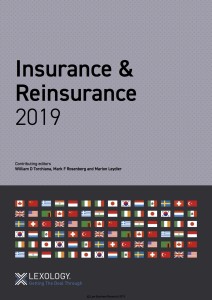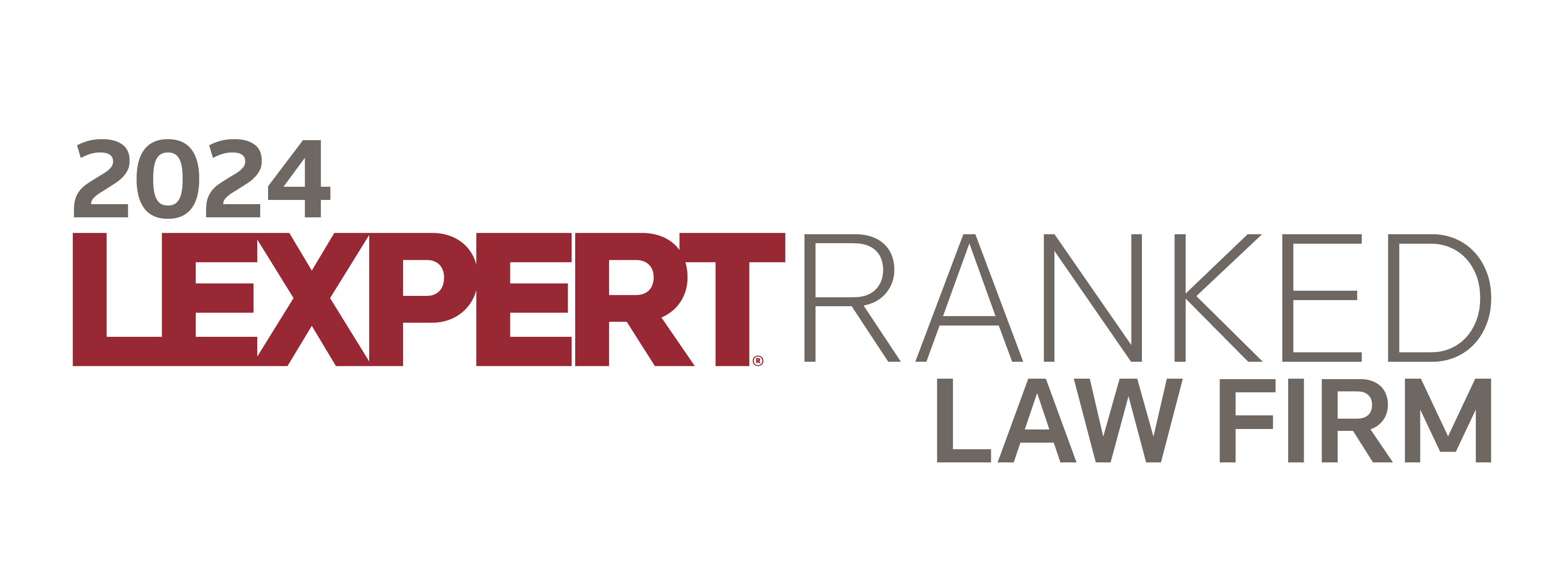The March 30, 2020 decision in MDS Inc. v. Factory Mutual MDS vs. Factory mutual Company, 2020 ONSC 1924 (Ontario Superior Court of Justice) (“MDS”) provides an interesting analysis of a number of provisions in an all-risk property insurance policy.
Of particular interest is the analysis by Madame Justice Wilson of the term “resulting physical damage” in the business interruption section of the policy and her conclusion that, as used in this particular all-risk property insurance policy and in the context of the factual matrix of the case, resulting physical damage included the impairment of function or use of tangible property, even in the absence of actual physical damage to property.
A number of commentators have identified the possibility that this conclusion could allow insureds to recover their business interruption losses under property insurance policies due to Covid-19 on the basis that, although the virus has not caused actual physical damage to their property, it has impaired the function or use of their property. We understand that this issue is already being litigated in the United States.
The facts of the MDS case were that heavy water used to cool a nuclear reactor began leaking through a hole caused by corrosion that Wilson J. found, on the evidence, to have been unexpected and unanticipated (i.e. fortuitous). This resulted in a 15-month shutdown of the reactor for safety reasons while the source of the leak was located and repaired. Wilson J. stressed this was a unique and important fact because, unless the reactor had been shut down by the nuclear regulator, there was a risk that the leak could have led to a nuclear meltdown.
The all-risk property insurance policy in question covered, among other things, business interruption losses directly resulting from physical loss or damage and included contingent business interruption coverage that protected the insured for its actual loss sustained and extra expense incurred directly resulting from physical loss or damage of the type insured to property of the type insured at the locations of various suppliers important to the insured, including the supplier that operated the nuclear reactor.
However, all coverage under the policy in question (both direct damage and business interruption coverage) was subject to the following exclusion:
“This Policy excludes the following, but if physical damage not excluded by the Policy results, then only that resulting damage is insured…
3) deterioration, depletion, rust, corrosion or erosion, wear and tear, inherent vice or latent defect.”
Wilson J. concluded that the exclusion with respect to “corrosion” did not exclude fortuitous or unanticipated corrosion. As noted above, she found as a fact that the corrosion in question was fortuitous and, therefore, that the above exclusion did not apply to deny the insured coverage.
However, in case another court disagreed with this conclusion, she considered the alternative that the corrosion exclusion applied and asked whether the coverage add-back in the above exclusion for “resulting property damage” would, nevertheless, afford coverage to the insured.
It was accepted by the parties that the heavy water did not cause actual tangible damage to the reactor. The insurer argued that in the circumstances the presence of the leaking heavy water was not resulting physical damage. The insured argued that it was resulting physical damage because the character of the reactor was changed in an important way by the heavy water, requiring the shutdown and rendering the entire reactor unusable.
Wilson J. agreed with the plaintiff. She concluded that the policy, considered as a whole, and the objective reasonable expectations of the parties as to the meaning of physical damage, viewed from a common-sense perspective, supported the view that the leak of heavy water would constitute resulting physical damage because it rendered the reactor inoperable until the safety concerns and protocol imposed by the nuclear regulator had been met.
She stated that:
“This interpretation is in accordance with the purpose of all-risk property insurance which is to provide broad coverage. To interpret physical damage as suggested by the Insurer would deprive the Insured of a significant aspect of the coverage for which they contracted, leading to an unfair result contrary to the commercial purpose of broad all-risk coverage.”
The phrase “directly resulting from physical loss or damage” is used to describe coverage under the policy in question for both business interruption losses incurred as a result of physical damage to property at the insured’s own locations and contingent business interruption losses incurred as a result of physical loss or damage to property at specified suppliers’ locations. Accordingly, the decision in MDS appears to apply to business interruption coverage generally and not just to contingent business interruption coverage.
The MDS decision may also support the broader proposition that “physical damage”, whether used in the business interruption insuring clause or the direct damage insuring clause of a property insurance policy, includes the impairment of function or use of tangible property, even in the absence of actual physical damage to such property.
In the MDS case, the only exclusions that could have applied were the corrosion, idle period and nuclear exclusions, all of which Wilson J. concluded did not apply. In the case of Covid-19, other exclusions or conditions in property insurance policies might apply. For example, some property insurance policies explicitly exclude coverage for any cost due to contamination resulting from the presence of a virus or impose sub-limits with respect to the length of business interruption coverage in cases where the government has ordered that the insured’s property not be used. Some of these exclusions explicitly provide that they apply to exclude business interruption losses.
The decision of the Ontario Superior Court of Justice in MDS is a decision of first instance. Accordingly, it may be appealed. In addition, its broader applicability may be limited by its special facts.
However, as long as the MDS case remains the law in Ontario, insureds in Ontario (and in other provinces and territories in Canada, as their courts may apply this case) whose businesses have been affected by Covid-19 would be wise to review their policies with their insurance and legal advisors.


